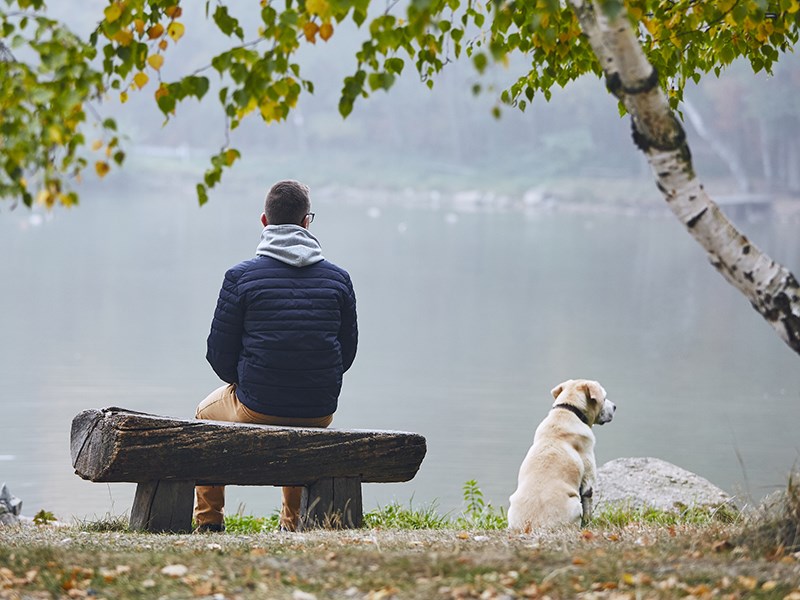We share a common world, the one and only world, with all other living things. We are intimately related to and dependent upon other living things in many different ways. In fact, our present and future health and well-being is tied together. But who is this “we”?
In the first instance the “we” referred to above includes everything that is alive; call it the life-world. But there is another very particular sense of “we”: the “we” otherwise known as Homo sapiens, those members of the genus “homo” that have seen fit to distinguish themselves from all other living things as “sapient,” beings capable of wisdom and judgment.
It is quite true to say we have big brains. We can use language in endlessly creative ways; we can create great works of art and generate complex theories that explain the structure of the universe. We can develop sophisticated machines and new technologies to suit our every need and desire.
The problem is that the exercise of brilliant talents can also get us into deep trouble when not guided or constrained by some sense of what is good or right.
In this age of the Anthropocene, when we face an impending environmental crisis due to climate warming caused primarily by human activity, the challenge before us is not just scientific, political or economic, but first and foremost a moral undertaking. In a way that is unprecedented in history, we must now exercise our capacity to pose moral questions about what we ought to do. We must take responsibility for our actions and earnestly enquire into what sorts of ethical obligations we have toward the future and other forms of life.
We human beings, not the trees, plants, oceans or other animals, but Homo sapiens are called upon to exercise our capacity for wisdom, for creative moral thinking and sound ethical decision-making. Ethical reflection has never been as crucially important as it is right now. So, where do we begin?
Let’s start with this fact: from an environmental and climate warming perspective we enact our values and make moral decisions every single day when we decide what to eat, what to wear, how to go from A to B, what products to buy to use on our bodies, to heat and furnish our homes, to grow our gardens. These are decisions we are individually and collectively accountable for. On what grounds shall we make such decisions, and how shall we move from ideas to action?
These are the questions that will be explored in the third lecture in the series organized and sponsored by Climate Action Powell River Society (CAPR). The lecture, entitled Imagining an Ethical Life-World, will be given by Dr. Fred Guerin, philosophy teacher and facilitator of the popular Philosopher’s Cafe at VIU, from 2 to 4 pm on Saturday, January 12, in the Poplar Room at Powell River Recreation Complex.
Climate Action Powell River Society is a non-profit society committed to helping the residents and businesses of Powell River to reduce their greenhouse gas.



